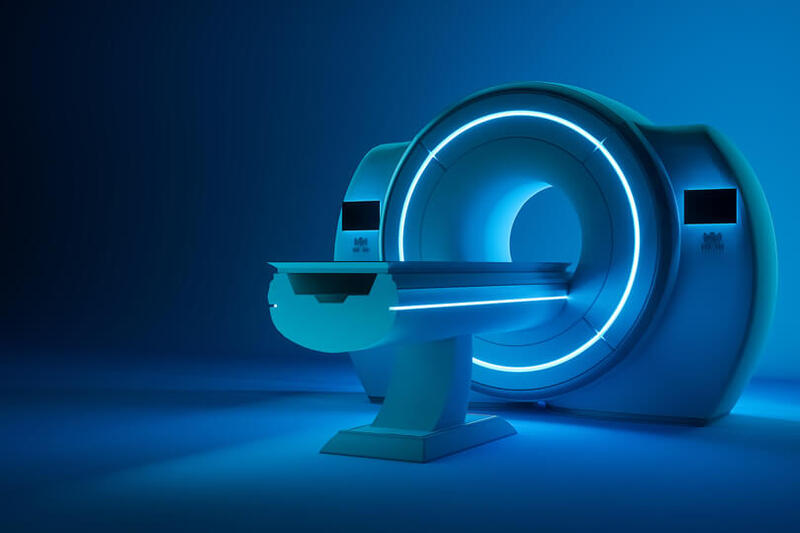
During your consultation, Dr. Ball may order one or more of the following diagnostic tests for spine conditions to diagnose a disease or condition.
Radiographs
Radiographs, sometimes referred to as “X-Rays,” are perhaps the simplest, least expensive study that provides key information. The overall alignment of the spine, the degree of bone mineral density (osteoporosis), and the presence or absence of instability (spondylolisthesis) may be diagnosed with this simple study. After surgery, radiographs are used in specific postoperative intervals to assess healing progress to determine when it is safe to start physical therapy or advance the activity levels.
CT SCAN
A CT (Computed Tomography) scan is a three-dimensional radiograph that allows visualization in multiple planes. The bony anatomy is visualized better in this modality.
MRI
An MRI is the best way to visualize soft tissues: the spinal cord, discs, ligaments, and tendons are better seen in this non-invasive test. There is no radiation with this test, which relies on magnetic technology, not ionizing radiation like radiographs and CT scans. An MRI can detect infection and subtle, non-displaced osteoporotic fractures. While open units exist for claustrophobic patients, the closed units offer superior imaging quality and are recommended by CalSpine MD.
CT Myelogram
When an MRI cannot be performed (e.g. patients with pacemakers), or when metallic implants obscure the MRI imaging results, a CT scan with myelogram contrast offers an excellent alternative imaging method. This test requires injecting a dye material into the sac containing the spinal cord and spinal nerves. After the injection, the patient is placed on a tilt table to help distribute the dye evenly throughout the area of the spine to be imaged, and the CT scan is done.
Discogram with Post-Discogram CT
For a discogram with post-discogram CT, a pain management specialist in a surgery center or hospital setting will perform this test. The discogram involves using a solution of saline, and dye is injected into the disc spaces in question. The discs are sequentially pressurized in random order not known by the patient. When a disc level produces “concordant pain,” that is, pain that is typical of the symptoms experienced by the patient during pain flare-up periods, then this data adds to the overall clinical analysis in determining whether or not surgery should be performed on the concordantly painful level. While there is controversy over the reliability of discograms, it is important that these results are taken into consideration with other data such as the neurological exam, radiographs, EMG studies, etc., in determining the ultimate surgical recommendation. A CT done after the discogram provides data as to the degree of degeneration of the discs based on the distribution of the dye flow in the disc, or nucleogram. It also confirms that the appropriate level(s) have been injected.
EMG/NCV Studies
A neurologist or pain management specialist will perform electromyography (EMG) and nerve conduction velocity (NCV) tests. These tests are an objective way to determine how well specific nerve roots and muscle groups function. Dysfunction may be due to nerve entrapment; these tests help identify the anatomic point of the entrapment or stenosis, which can occur at the level of the nerve root due to a disc herniation or anywhere along the length of the nerve into the extremities. These tests may come back normal in the presence of entrapment or compromise in nerve function if the nerve deterioration has not progressed to the point that it is detectable by this study modality.
Spine Surgeon in San Ramon, California, and Fremont, California
If you are interested in scheduling a consultation with Dr. Ball, please call CalSpine MD at (925) 667-3745. You may also Request An Appointment online.



